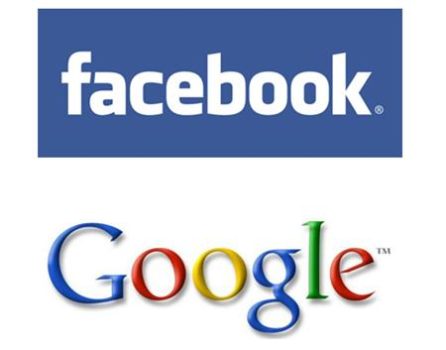'How Facebook's Atlas Has Opened A New Front With Google'
by on 16th Oct 2014 in News

With cross-channel campaigns now considered the holy grail among advertisers, Itay Gadot, DMG, VP of sales and marketing, discusses whether Facebook’s Atlas, which promises cookieless targetting on both desktop and mobile device, can take on Google’s DoubleClick?
Now that the dust has settled on Facebook’s relaunch of Atlas it’s a good time to take stock of the long term implications of the platform on the online marketing industry. Arguably the most notable aspect of Atlas is the move away from cookies.
As many marketers know, cookies are a blunt instrument when it comes to measuring the effectiveness of advertising campaigns. The limitations of cookies are particularly noticeable on mobile. By dispensing with cookies and instead linking a user’s interaction with an ad to their Facebook profile, the insights that could be gained are potentially very exciting. It is also one of the major factors setting Atlas apart from Google’s DoubleClick.
Atlas is clearly a major move by Facebook to take on Google on its home turf and capture a large piece of the display advertising pie. Aside from the move away from cookies, Atlas also purports to bridge the gap between the offline and online advertising worlds by linking the interactions of customers in the real world to their Facebook profile.
Unfortunately, it’s far from clear how well this will work as it seems that it is dependent on customers purchasing items in a shop and providing the email address they used to set up their Facebook account.
Where Atlas could trump DoubleClick is in relation to cross-channel targeting. At face value, linking to a user’s Facebook account offers a much more effective way to run a cross-channel marketing campaign by making ad targeting consistent across the various devices consumers now use. However, there are several unanswered questions.
Questions over Atlas
Principally, it is not clear whether Atlas can overcome the challenges of cross-channel optimization and analysis on video. Much has already been written about how difficult it is to analyze the effectiveness of video marketing content and it is difficult to see how the Facebook account link will do anything to alleviate this problem. Many marketers would say this approach could hardly be worse than cookies but it is only a matter of time before a tech firm squares this circle and offers an effective way of analyzing and optimizing video. When this does happen, both Atlas and DoubleClick will have a serious challenge.
Ultimately, marketers will favour whoever has the best data set. Google obviously beats Facebook on this count by volume, however, the partnership model that Facebook is set to deploy is very interesting. By including major Facebook-owned platforms like Instagram, and presumably eventually WhatsApp, Atlas could own a very large and unique data set which, in the long term, marketers will find much more insightful than the audience available to DoubleClick.
It remains to be seen whether Facebook will mimic Google’s full service model. Atlas is currently only an ad serving and tracking tool, however, an ad-buying feature is coming down the pipeline and it makes perfect sense for Facebook to expand its offering further.
Atlas is not a revolution in online marketing but it does represent a new front in Facebook and Google’s fight for preeminence. For third-parties, the potential for ad tech development that Atlas’s approach to tracking and analysis offers is very interesting.
However, one factor that is worth considering is how consumers will react as ads they are used to on Instagram and Facebook start following them across the internet, and their offline and online worlds converge as their purchases on the high street clearly influence what ads they see online. Internet privacy is an ongoing concern and you could imagine a scenario where a vocal negative reaction causes Facebook to change track on how Atlas operates. That uncertainty could play on the minds of marketers and brands alike, potentially slowing Atlas’s development.
The bottom line for marketers and brands is that more information and tools to target consumers is a good thing. Whether Atlas will be able to mount a sustained challenge to DoubleClick is entirely dependent on how the platform develops and just how effective tracking Facebook profiles is.
Cross-ChannelFacebookGoogleMedia SpendMobileSocial Media








Follow ExchangeWire